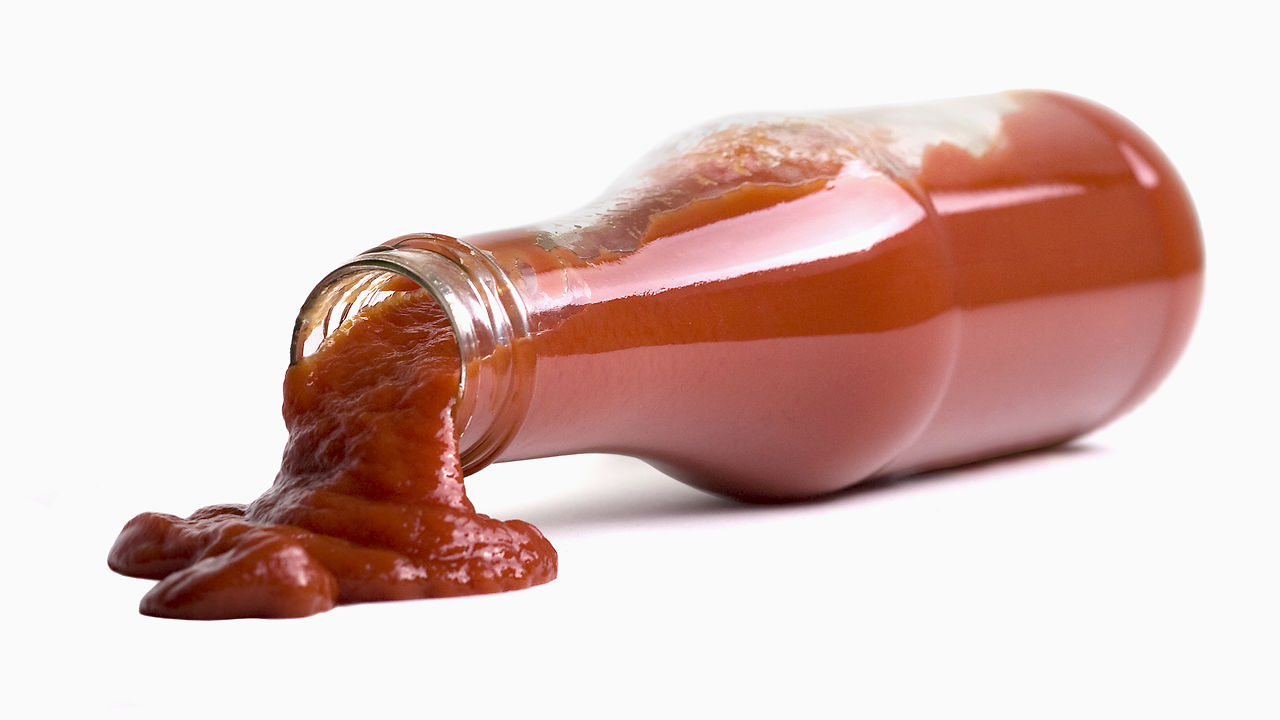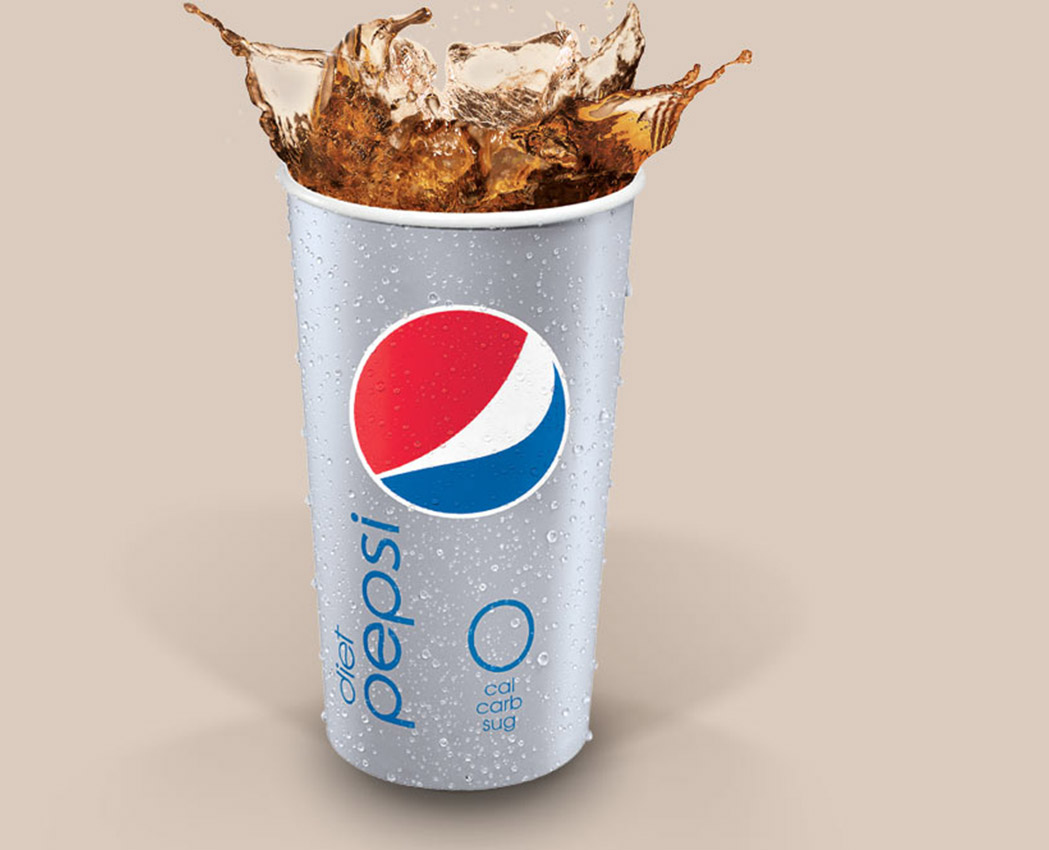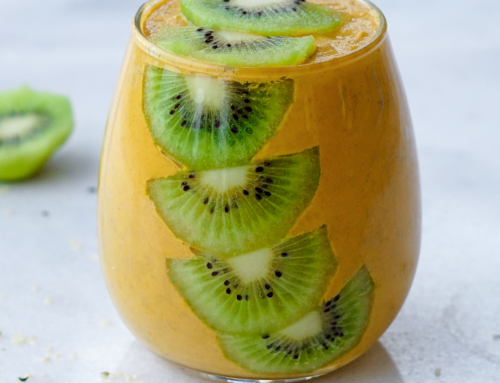Since you are here on my blog, reading this article, I’m pretty sure you are doing your best to stay healthy and eat well. While we all know it is best to enjoy a diet rich in real, wholesome and unprocessed foods, it is nearly impossible to steer clear of packaged products 100% of the time in today’s busy fast-paced lifestyle. Unfortunately, though, some of those seemingly “healthy foods” we see at the supermarket with eye-catching labels such as vegan, gluten-free or all natural, may be filled with extras that over time could put our health at risk. The list of extras is long, but for today let’s take a look at the top 4 ingredients you should be on the lookout for. I will explain what they are, the damage they could cause and how to detect and avoid them.
1. TRANS FATS: Artificial trans fats (or trans fatty acids) are created in an industrial process called hydrogenation, which inserts hydrogen atoms in liquid vegetable oils to turn them into solid fats. They are added to packaged foods in order to increase their shelf life and flavor stability. Trans fats promote inflammation and raise triglycerides and LDL (“bad” cholesterol), contributing to clogged arteries and increased risk of heart disease, stroke, and cancer.
Trans fats can be found in a variety of items such as margarine, shortening, frozen pizza/pie, refrigerated dough products, cake/pancake mixes, canned frosting, donuts, cookies, coffee creamers, microwave popcorn, chips and many other deep fried and processed “foods”. In the past few years, many companies have been removing trans fats from their products. However, currently, US regulations allow rounding down to zero when there is less than 0.5 gram of trans-fat per serving. While this number might sound negligible, the cumulative effect of these small amounts could raise a concern.
The best way to avoid trans fats is to pass up on fried and processed foods as much as possible and ensure to check the ingredients’ lists for words like shortening, partially hydrogenated or hydrogenated oil. Also, replace margarine and vegetable oils with organic grass-fed butter or ghee, unrefined cold-pressed coconut, avocado or extra virgin olive oil.

2. HIGHT-FRUCTOSE CORN SYRUP: HFCS is an industrial product, which is processed differently by the body than regular cane sugar. The sugars in HFCS are already unbound and don’t need to be broken down, so they are instantly absorbed into the blood stream. That, in turn, causes an even higher spike in blood sugar and the release of hormone, insulin, leading to diabetes and obesity. It has also been shown to increase appetite, promote inflammation and poke holes in the intestinal lining. Fructose is a form of sugar that can only be metabolized by the liver; therefore, consuming HFCS regularly could also cause fatty liver and liver damage. Moreover, HFCS is often contaminated by mercury and is void of any nutritional value. Last but not least, close to 90% of all the corn grown in the US is genetically modified, so HFCS is also most likely a GMO product.
HFCS is often added to a wide variety of products such as soft drinks, ketchup, ice cream, candy, cereal, protein bars, bread, yogurt, salad dressing and processed meats. So when buying packaged products pay attention to the ingredients list and avoid words such as high-fructose corn syrup, corn syrup, and corn sugar.

3. ARTIFICIAL SWEETENERS: Some dieters or ex-dieters (guilty as charged!) might think (or have believed at some point) that opting for sugar-free or zero-calorie products is the healthier choice, which would get us one step closer to our weight loss goals. Well sorry to be the bearer of bad news, but on the contrary, artificial sweeteners such as aspartame (NutraSweet, Equal), sucralose (Splenda), saccharin (Sweet’N Low), acesulfame potassium and Neotame are not only fake and void of nutrients, but can also stimulate appetite, increase carbohydrate cravings and trigger fat storage and weight gain. They have also been linked to allergic reactions and illnesses such as chronic headaches, digestive issues, obesity, diabetes and even cancer.
Artificial sweeteners can be found in most light or diet foods like diet soda, sugar-free gum, flavored yogurts, snack bars, cereal, and popcorn. Make sure to avoid all kinds of diet, sugar-free or fat-free products and pay attention to the list of ingredients at the supermarket. When looking for sweeteners opt for natural sweeteners such as raw honey, pure maple syrup, stevia, coconut sugar or dates instead.

4. MONOSODIUM GLUTAMATE (MSG): MSG is a salt of the amino acid glutamate, which acts as a flavor enhancer and tricks the tongue into making you think a certain food is high in protein and thus nutritious. It also works as an anti-appetite suppressant, creating addictions and keeping consumers coming back for more. The excess of free glutamate in MSG has been shown to damage brain and nerve cells by overexciting them to the point of death. It could also trigger or worsen symptoms in individuals with Alzheimer’s, Parkinson’s, multiple sclerosis or other neurodegenerative diseases. Many other adverse effects have also been linked to regular consumption of MSG, including obesity, eye damage, headaches, disorientation, fatigue, and depression.
MSG is found in nearly every processed food, from canned soups, crackers and salad dressings to processed meats, frozen dinners, and even infant formula. Even if it is not listed on the label, it is often a by-product of processing food and could be hidden under many different names (see table below). So make sure to familiarize yourself with these terms, look for them on the ingredients’ lists and shun them by all means.
Names of ingredients that ALWAYS contain processed free glutamic acid:
|
Names of ingredients that OFTEN contain or produce processed free glutamic acid:
|
http://www.truthinlabeling.org/hiddensources.html
In the end, the best way to avoid these harmful additives is to stay away from processed and fast foods as much as possible and enjoy fresh home-cooked meals made with wholesome ingredients, like vegetables, fruits, legumes, nuts, seeds, whole grains and high quality, ethically-raised animal products. When going for packaged foods make sure to read the ingredients’ lists carefully and watch out for the red flag terms mentioned above.
If you’d like to have my handy Grocery Shopping Manual to help you navigate the supermarket with ease, as well as a weekly meal plan with over 30 clean, nutritious, quick and easy recipes and meal prep tips, check out my Happy Bites Meal Plan now.
P.S. I’m doing a talk next Tuesday (May 10th) on “How Specific Foods May Be Causing Your Weight Loss Resistance” at Zend Conscious Lounge in Yaletown, Vancouver. If you’re in town I’d be thrilled to see you there!







Leave A Comment